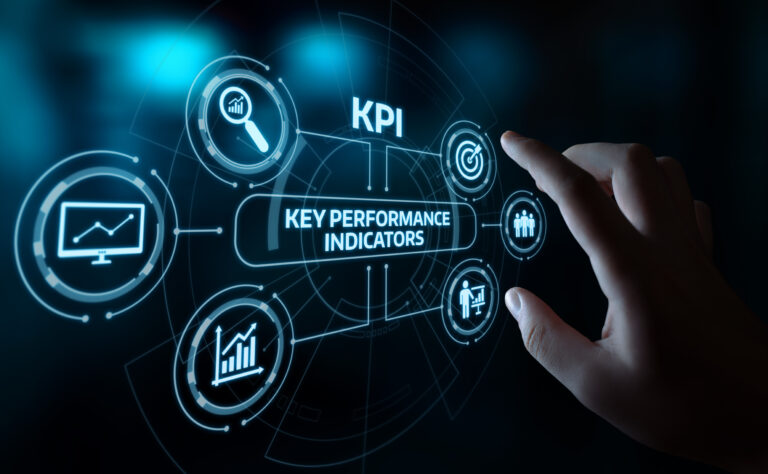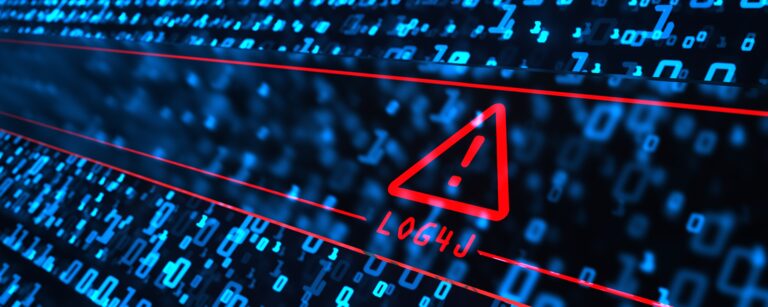Business journals & magazines everywhere have been grappling with the concept of the “modern workplace” and what its future should look like – especially in 2020. A modern workplace usually refers to a digitally focused, diverse, flexible, casual working environment in which a healthy work life balance and a clearly defined team ethos is central to the workforce aims. The term modern workforce was first introduced in the early noughties when the tech age boom started to revolutionise the way in which companies and managers imagined the workplace.
This year, due in most part to the disruption caused by Covid-19, that term has been forced to take on an even more revolutionary meaning. Covid-19 meant that workplaces around the world were forced to re-evaluate and restructure the way in which they not only created but maintained their workflow. Here are the top 5 modern workplace trends that are paramount to moving forward in the post Covid-19 age.
Flexible workforce

There are many different kinds of flexible workforces, but what they all have in common is an ability to make work smoother & more adaptable for everyone involved. Flexible workforce practices can include home working, career breaks, job share, shift swaps, zero hours contracts, term time working, flexi shifts and overtime.
Not only does flexible working mean a business can save on recruitment costs and overheads by offering a better work environment, it also means that employees feel supported and secure, thereby becoming more able to deliver better. Flexible workforces also allow for more women to join the workplace as job sharing and flexi shifts make room for nursing and childcare to work alongside one’s career. Flexible workforces can also allow for working dads to take a more active role in childcare responsibilities.
Diversity

Workplace diversity not only means bringing more women and minority groups into the workforce; companies that embrace diversity and inclusion also benefit from a fresh perspective and a workforce that brings new ideas to the table. Employing people across a range of ages races genders, abilities, sexualities, languages and cultural backgrounds will drive forward innovation and will enable companies to expand their reach from their target demographic.
A study in 2015 found that companies that presented higher numbers of gender diversity had 15% more financial gains; similarly, the report found that a more ethnically diverse workforce was 35% more likely to see an increase in profits. Our blog post about workplace diversity further breaks down the figures and benefits to making your workplace more diverse and inclusive.
Work-life balance

No longer forced to commute to city centre offices, spending hours per day in transit, with some workers saving over a quarter of their income due to savings made in commuting costs, the Covid-19 pandemic has galvanised a workforce that for so long was focused solely on profits and margins.
Now, thanks to the enforced ‘work from home’ laws that Covid-19 has enabled around the world, workers are waking up to the possibility that a work-life balance can and should be possible. Whether that takes the form of home working or flexible working, spending more time with loved ones doing the things we enjoy, and less time in the office is surely one positive to have come from the mayhem of 2020.
Digital connection

A digitally connected workforce can benefit both the health of the worker and the health of a company’s finances. Digital connection within the workforce is essential in today’s global market. But digital connection extends beyond the workforce to include the ways in which companies connect with their clients and customers.
Whether that be through social media, digital content or digital outreach, being a digitally connected company in a post-Covid-19 world will enable you and your business to transcend the limits of a stationary analogue company. A successful business in 2020 is one that has been able to adapt to an unpredictable and fast paced world, therefore staying connected is key to adapting to and engaging with a global marketplace.
Hiring freelancers

There are countless benefits to hiring and utilising the skills of freelancers, especially when it comes to small and medium businesses – which is why the phenomenon of outsourcing to freelancers has grown to a great extent in 2020. It is often unrealistic to take on staff to cover all of the needs of your business. Be that translation, content writing, photography, web design, branding, or illustration, there are certain tasks that come up with every new project, but are only required on an occasional or sporadic basis. It would be a mistake for a small to medium business owner to hire in-house experts in all of the areas in which they require this form of work.
By tapping into the skills of expert freelancers like those featured on Ureed.com, a business can grow and adapt to the needs of an increasingly digitalised and ever-evolving industry. Freelancers can complete tasks large or small within a few hours to a few days, meaning a company does not have to worry about the often-timely process of hiring specialised employees. Hiring freelancers keeps overheads to a minimum as more often than not they work remotely. Ureed.com has a verified database of freelancers that can complete tasks large or small to help your business thrive and become a truly modern workplace.
Here’s the gist…
A modern workplace is one that combines all of the above areas to enable both their business and their employees to adapt and mould their specific requirements to their workplace/employee’s needs. Being a modern business in 2020 requires adaptability, tenacity, an ability to overcome turbulent times, and most importantly a commitment to diversity and inclusion that goes beyond managerial positions. By working towards achieving the above steps, any workplace, large or small, can consider themselves to be truly reflective of the modern era of work.




